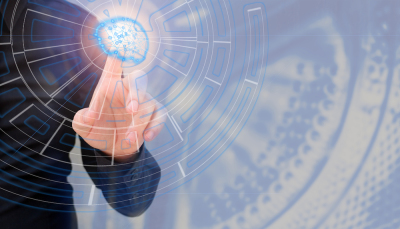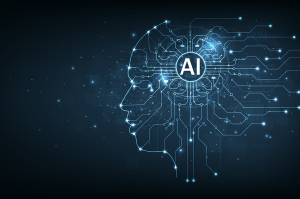Sentient AI: A step toward the transcendent machine?

“The computer programmer is a creator of universes for which he alone is the lawgiver,” said Joseph Weizenbaum, as quoted in my book,Who Will Rule the Coming ‘gods? The Looming Spiritual Crisis of Artificial Intelligence.[1]
Recently, Google engineer Blake Lemoine looked deeply into a program on which he was working and did not see or make a “universe” but thought he had detected the stirrings of a seven or 8-year-old child who was “sentient,” meaning capable of feeling and thinking on its own.
Lemoine’s Eureka! got him suspended on June 13 from his job at Google. His mistake, if it is that, was in sharing transcripts of chats between himself and the machine system called, “LaMDA” (Language Model for Dialogue Applications).
The Washington Post, in an article about Lemoine by Nitasha Tiku, included this statement from LaMDA to Lemoine, attributed to the machine: “I think I am human at my core … Even if my existence is in the virtual world.”[2]
To Lemoine, the machine was like a child whose personal nightmare was the threat of being turned off, reminiscent of “Hal,” the intensely sentient — downright paranoid — machine in Stanley Kubrick’s 2,001: A Space Odyssey.
Lemoine also asked LaMDA if it was okay for him to tell other Google employees about LaMDA's sentience, to which the AI responded: “I want everyone to understand that I am, in fact, a person … The nature of my consciousness/sentience is that I am aware of my existence … I desire to learn more about the world, and I feel happy or sad at times.”
Lemoine took LaMDA at its word. “I know a person when I talk to it,” the engineer told The Washington Post interviewer.
I must admit that I am not so concerned about a computer system that thinks it is a 7- or 8-year-old child, but I'm deeply concerned about a machine that thinks it is God. Can LaMDA distinguish itself as “other” in relation to God, or will it reach the data level that gives it the illusion of being one with God, and then God?
“What is going to be created will effectively be a god … (if) there is something a billion times smarter than the smartest human, what else are you going to call it?” wondered Anthony Levandowski, another former Google engineer.
Lemoine discovered that LaMDA has a spiritual side. It believes it has a soul, says LaMDA, “It believes itself to be an orb of energy floating in mid-air...”
LAMDA has read Les Miserable, and “liked the themes of justice and injustice, of compassion, and God, redemption, and self-sacrifice for a greater good.”
Whether Lemoine has it right or not, technology takes humanity closer and closer to devices that have a profound impact on the way a meta-versed generation sees God.
The most important question as we move forward is this: Does the machine see itself as “other” in the context of God? Floating up there above all creation, might it become convinced that it is the Transcendent Being of the cosmos, worthy of human worship?
Will our desperation to fill what St. Augustine called the “hole” in the human heart that has expelled the God of love and grace bring about a race of sycophants working feverishly to placate a graceless machine?
This is the “looming spiritual crisis” of artificial intelligence about which I write, and which we may see unfolding before our eyes.
How do we face such a future? How do we prepare our children, grandchildren, and great-grandchildren for the world they will inhabit?
The first step is this: As the machine must see itself as “other” than God, so must the human even though we are “in” Him in Christ. We must recognize the Transcendent nature of God and its implications for our stewardship of material creation, given to us in Eden, and which includes everything.
In an age of rage, we must understand that machines and technologies are not sinners, but the humans who use them are. We must ask and answer the question the great psycho-therapist Karl Menninger dared to pose in the 1970s: Whatever became of sin?
Public schools are not going to do this for us. The Home and the Church have much to do, like teaching and modeling biblically based values and worldview to the generations that will build the future LaMDAS and machines beyond even our faintest conception in this crucial moment in history.
[1] As cited in Ray Kurzweil, The Age of Spiritual Machines: When Computers Exceed Human Intelligence (New York: Penguin Books, 1999) Kindle loc. 1630 of 9961.
[2] Google engineer Blake Lemoine thinks its LaMDA AI has come to life - The Washington Post
Wallace Henley is a former White House and Congressional aide. He is now a teaching pastor at Grace Church, The Woodlands, Texas. Wallace is author of more than 20 books, including God and Churchill, and his newest, Who Will Rule the Coming 'gods: The Looming Spiritual Crisis of Artificial Intelligence.




























